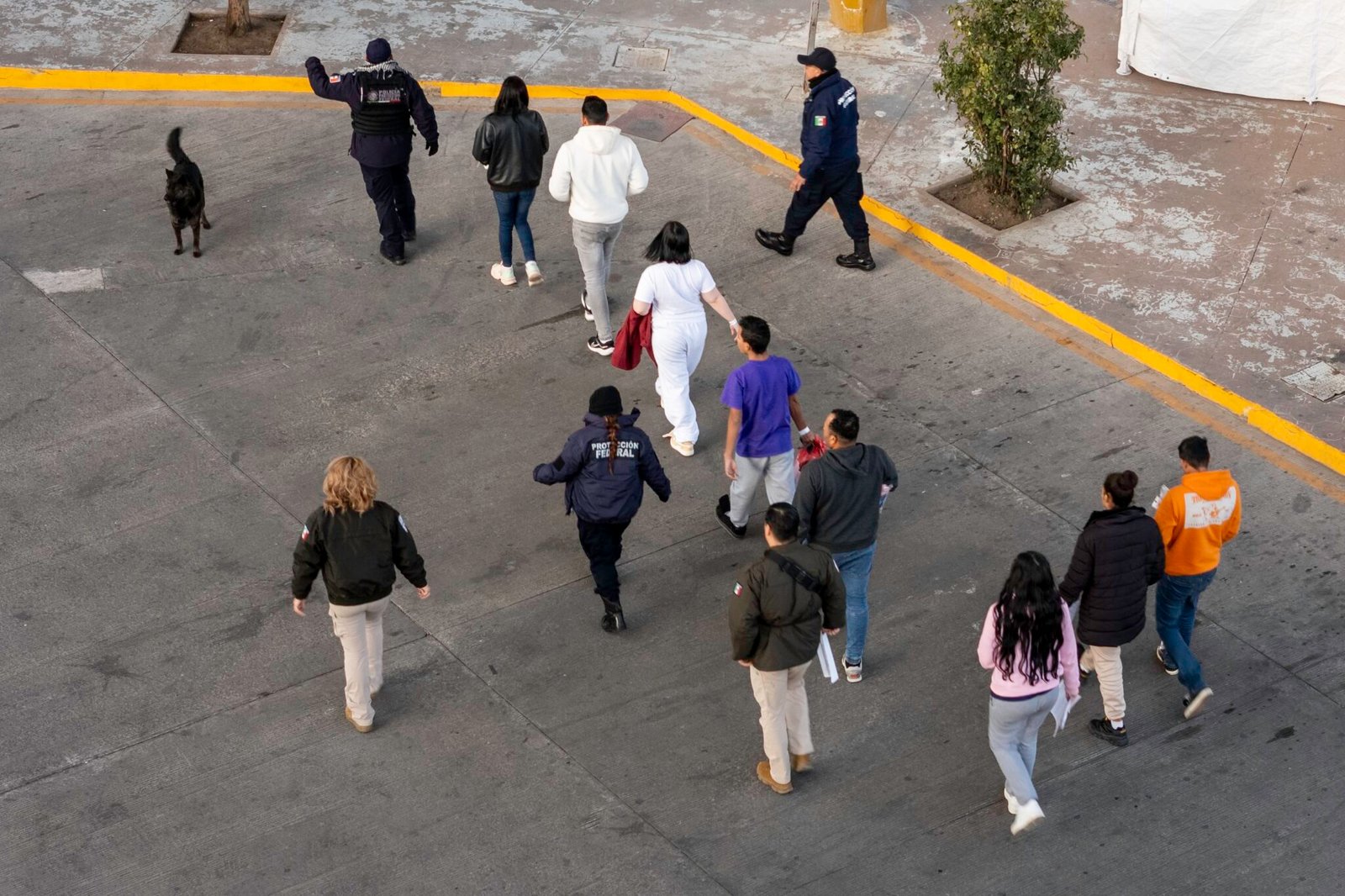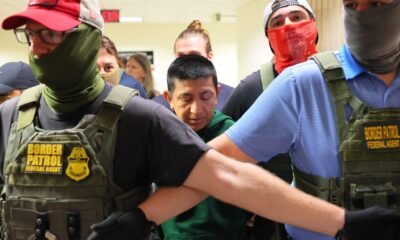14th Amendment
Judge Shuts Down Trump’s Birthright Citizenship Executive Order with Nationwide Injunction

WASHINGTON — A federal judge in Maryland has issued a nationwide injunction against President Donald Trump’s executive order, which sought to restrict citizenship rights for children born in the United States. This ruling, reported on Wednesday, marks a notable development in ongoing legal challenges to the order.
Judge Deborah L. Boardman of the U.S. District Court for the District of Maryland delivered the decision after evaluating arguments from two immigrant advocacy nonprofits and five expectant mothers living in the U.S. without legal status. The court emphasized the longstanding principle of birthright citizenship enshrined in American law.
“Today, virtually every baby born on U.S. soil is a U.S. citizen upon birth,” Boardman stated, highlighting the established legal tradition. “That law and tradition… will remain the status quo pending the resolution of this case.” This preliminary injunction represents the second challenge to the executive order; a previous ruling was made by a Seattle federal judge on January 23.
Trump’s executive order, signed on his first day in office, aimed to deny citizenship documentation to children born after February 19 to parents lacking legal authorization or those on temporary visas. The Institute for Constitutional Advocacy and Protection at Georgetown University Law Center is representing the plaintiffs in this case.
The legal complaint argues that the executive order contravenes the Fourteenth Amendment, among other statutes, which guarantee citizenship to all children born in the U.S. It further asserts that denying citizenship status could leave children stateless, separated from their families, while siblings may hold U.S. citizenship.
Historically, the complaint references the Supreme Court’s ruling in the 1898 case United States v. Wong Kim Ark, which upheld birthright citizenship. In contrast, the Justice Department contends that Wong Kim Ark’s case is wrongly interpreted, asserting that his parents had legal status at the time of his birth and arguing citizenship should be reserved for those with permanent residence in the U.S.
“Illegal aliens are not permitted to be in the U.S. at all,” remarked Justice Department attorney Eric Hamilton. The legal debate surrounding this issue continues to evolve against a backdrop of deep political and social implications.
Last updated 2:29 p.m., Feb. 5, 2025


















